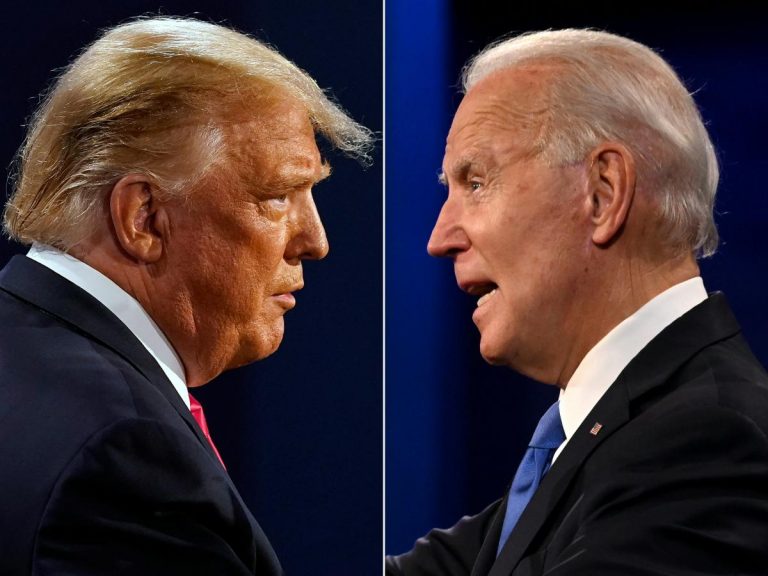House approves bill to better protect Trump’s Secret Service after assassination attempts
The House of Representatives recently passed a bill aimed at enhancing the protection provided to former President Donald Trump by the Secret Service. This move comes in the wake of multiple attempted assassinations against the former President, highlighting the ongoing threats faced by high-profile political figures even after they leave office.
The bill, which was approved with bipartisan support, seeks to extend the period of Secret Service protection for former presidents and their families. Under current law, former presidents are entitled to Secret Service protection for a period of 10 years after leaving office. However, the recent incidents targeting Trump have raised concerns about the adequacy of this protection.
While details of the attempted assassinations have not been made public, it is clear that the threat level against Trump remains high. This has prompted lawmakers to take action to ensure his safety and the safety of his family members.
During the debate on the bill, members of both parties emphasized the importance of protecting former presidents, regardless of their political affiliation. Many cited the need to uphold the tradition of ensuring the safety and security of past presidents, who continue to be high-profile targets long after leaving office.
Supporters of the bill pointed to the unique security challenges faced by former President Trump, whose controversial tenure in office has made him a lightning rod for political tensions. They argued that providing enhanced protection to Trump is not only a matter of personal safety but also a matter of national security.
Opponents of the bill raised concerns about the potential costs associated with extending Secret Service protection for a longer period. Some argued that the financial burden of protecting former presidents indefinitely could strain the resources of the Secret Service and detract from its ability to carry out its core mission of protecting current officials.
Despite these reservations, the bill ultimately passed by a comfortable margin, reflecting the widespread consensus on the need to enhance the protection of former presidents. The Senate is expected to take up the bill in the coming weeks, where it is likely to face further scrutiny and debate.
In the meantime, the Secret Service remains vigilant in its efforts to safeguard the lives of current and former presidents. The recent attempts on Trump’s life serve as a sobering reminder of the ongoing threats that confront those who hold the highest office in the land.
As the debate over the bill continues, one thing is clear: the safety and security of former presidents are paramount, regardless of their political affiliations. In a time of heightened political tensions and security concerns, ensuring the well-being of those who have served as the nation’s leaders is not just a matter of protocol, but a matter of principle.








